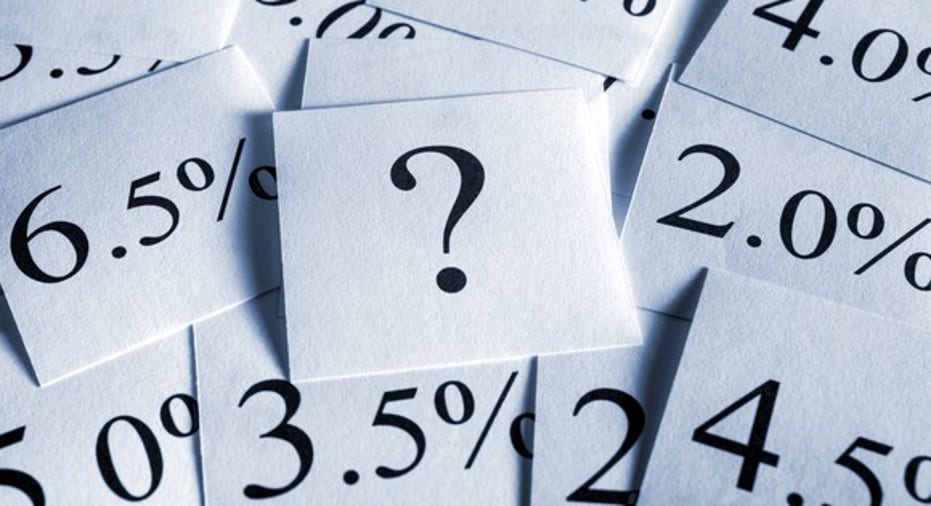Low Interest Rates Have Created New Housing Bubble, Says UBS

Housing bubbles are inflating in major cities around the world, with Vancouver and London most at risk, according to Swiss lender UBS Group.
Ultralow interest rates at global central banks have contributed to overheating in the housing market in recent years, the report from UBS Wealth Management said Tuesday.
Vancouver and London came first and second on the 2016 list of cities most at risk of real estate bubbles. Bubble risk was also evident in Stockholm, Sydney, Munich and Hong Kong, UBS said.
House prices in all these cities have increased by nearly 50% on average since 2011. The average price rise in other financial centers has been less than 15%.
Loose monetary policy at global central banks is a key driver behind rising prices, the report said. Low interest rates have pushed investors to hunt for returns in tangible assets, "so it is hardly any wonder that housing markets are again overheating," according to report authors Claudio Saputelli and Matthias Holzhey.
For the European Central Bank, which controls monetary policy for all 19 member countries, the inability to adjust interest rates for particular economic development in separate countries has contributed to rising house prices in the region, UBS said.
"All European cities are overvalued, apart from Milan," the report said. Central banks in the U.K., Canada and Australia are also keeping interest rates low. Combined with stable supply of homes and strong demand from foreign buyers, especially in China, "this has produced an ideal setting for excesses in house prices," the authors said.
Vancouver house prices have been significantly overvalued since 2007, according to UBS. Neither the financial crisis nor weakening commodity prices incited a slowdown.
In an attempt to temper soaring prices in Vancouver, the provincial government of British Columbia introduced a 15% transfer tax on foreign home buyers in August.
London and Hong Kong topped UBS's bubble index in 2015. London has been knocked into second place this year, and Hong Kong sixth, but both are still in bubble-risk territory.
In London, an acute housing shortage and readily-available mortgages "should be able to sustain the inflated prices for the time being," the report said.
What might pop the bubbles, and when, is impossible to predict, even in cities with the clearest signs of a problem, UBS said. "A sharp increase in supply, higher interest rates or shifts in the international flow of capital could trigger a major price correction at any time," Mr. Holzhey, a real estate economist, said in a written statement.
Investors now buying cities considered overvalued "should not expect real price appreciation in the medium to long run," UBS said.
Write to Art Patnaude at art.patnaude@wsj.com



















